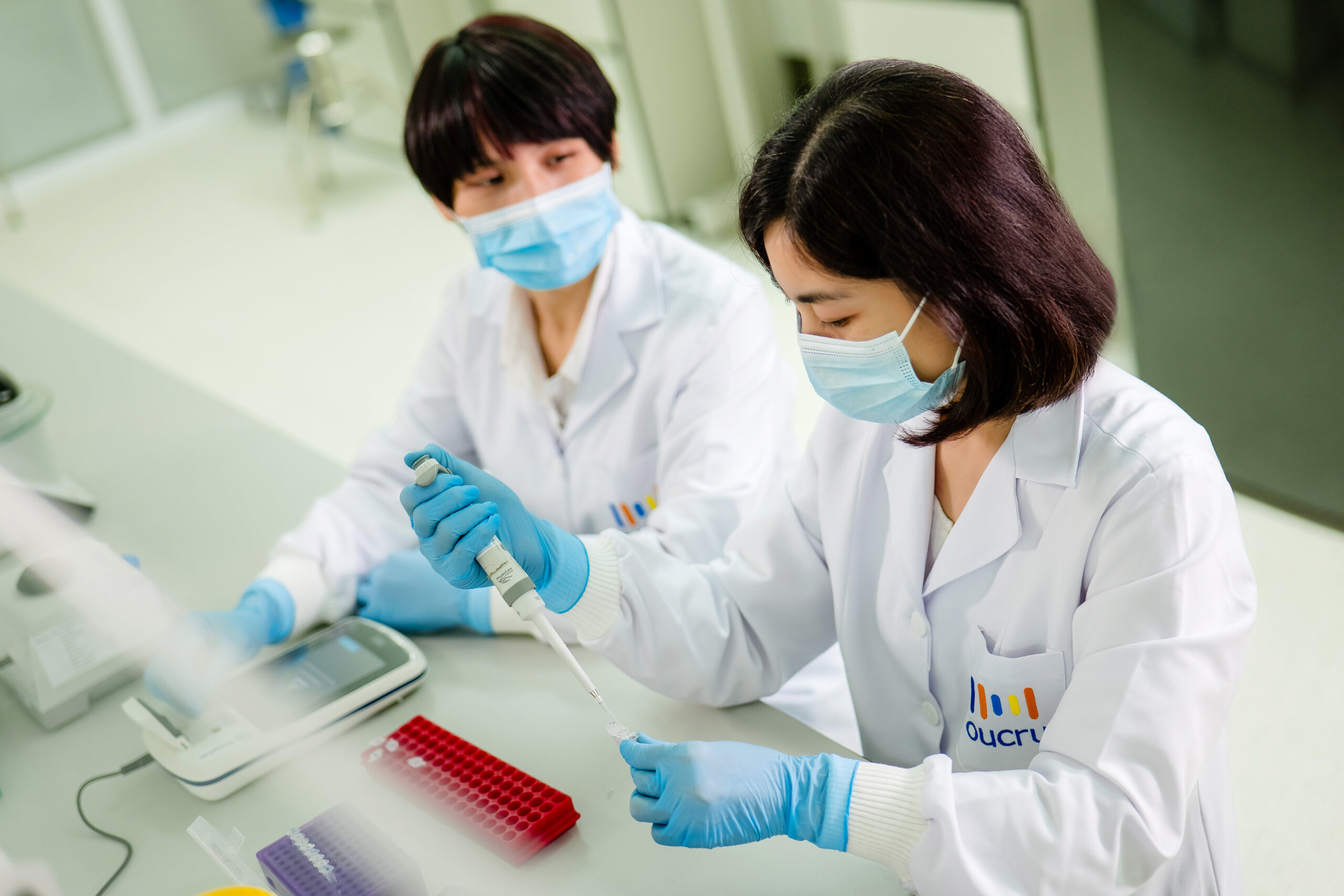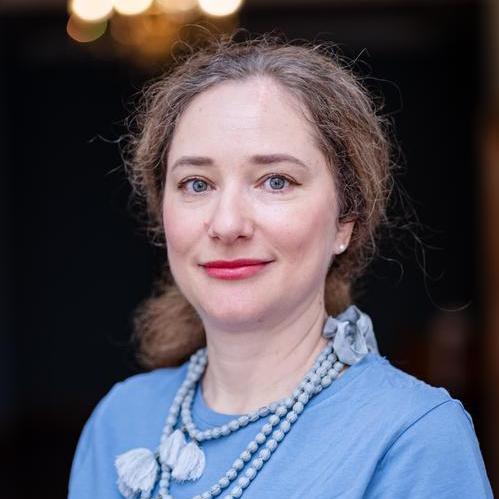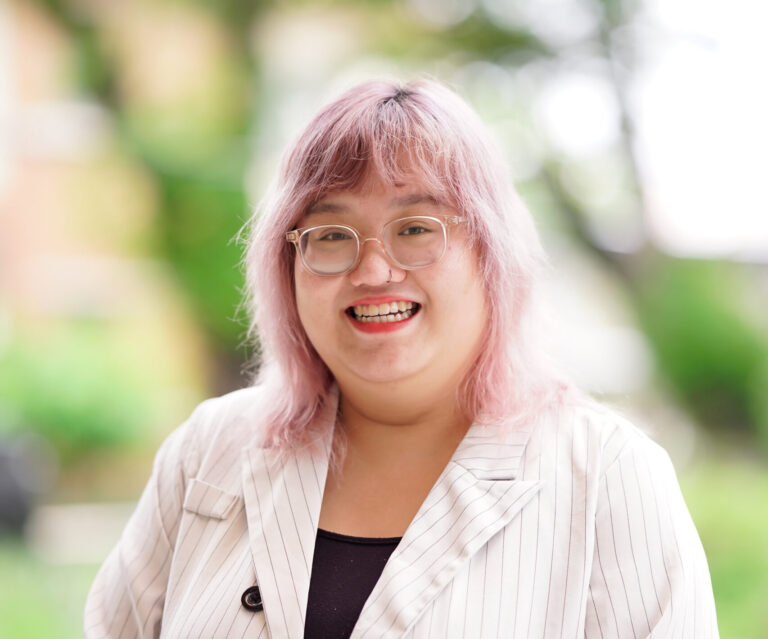According to a recent report by the United Nations, women represent just 35% of the global STEM workforce, with a strikingly low 12% of female members in national science academies. This imbalance is particularly stark in South Asia and Southeast Asia, where women make up just 23% and 27% of the STEM workforce, respectively.
These disparities are not just numbers, they reflect a broader structural issue. The persistent “leaky pipeline” and the “glass ceiling”, coupled with the absence of visible role models, prevent many women from advancing in their careers in STEM.

Addressing gender inequity in STEM requires a global approach, one that encourages collaboration across institutions and regions, while recognising the importance of tailoring solutions to local contexts. Instead of applying a one-size-fits-all model, the focus should be on sharing knowledge and best practices, enriching each other’s perspectives, and developing informed, locally relevant strategies.
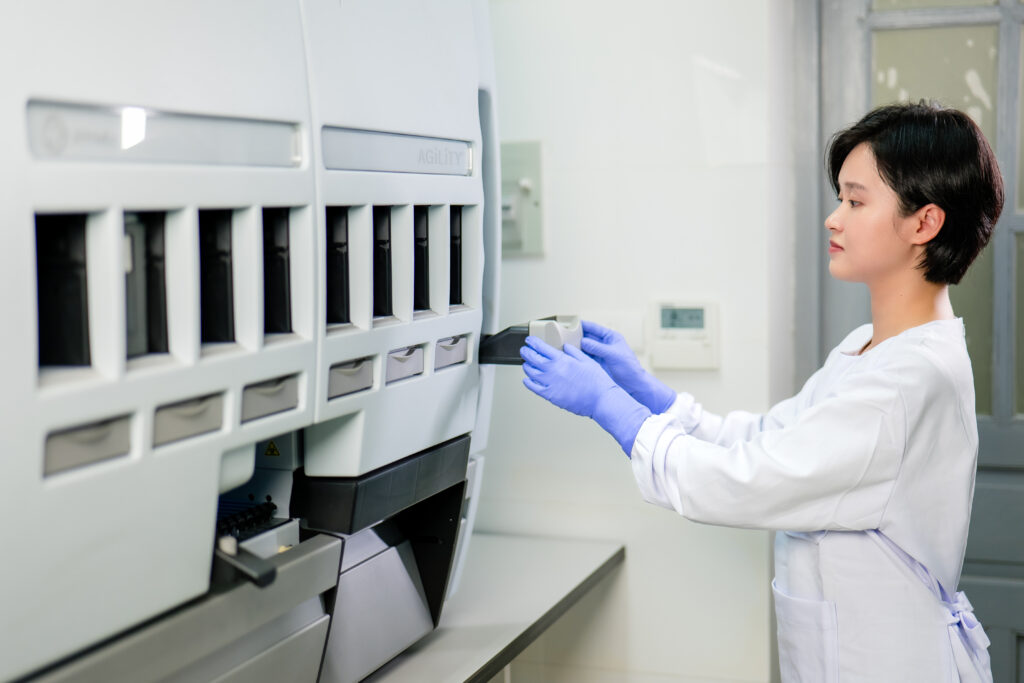
At the Oxford University Clinical Research Unit (OUCRU), we are proud to have a workforce where over 50% of the staff are women. Our commitment to gender equity extends beyond our internal policies and networks. In 2018, we initiated the OUCRU Women Leaders in Science (OWLS), a network of leading female scientists and research-support staff across our Vietnam, Indonesia and Nepal units.
It aims to raise awareness of gender equity through mentorship, training in leadership and diversity, and research opportunities. What began as a volunteer working group has developed into a structured, funded programme since 2024.
Through OWLS, we have achieved several important milestones:
- Conducted a survey on gender barriers to women in STEM in the Ho Chi Minh City context in 2018. The results were published in The Lancet.
- Co-led the first Oxford Equity in Academia consortium in 2019 and contributed to publications on improving gender equity within academia.
- Organised a mentorship seminar at Wellcome Sanger Institute, UK in 2020.
- Organising various awareness-raising events, including screening of presentations from gender role models, inspiring young women to pursue careers in STEM.
Dr Evelyne Kestelyn, PhD, Head of Clinical Trial Unit at OUCRU, shared: “Being a founding member of the OWLS, I have seen the meaningful impact that occurs when an organisation is committed to a diverse and equitable research culture.“
“At OUCRU, the proportion of female Principal Investigators, the lead researcher overseeing a project, rose significantly from 33% in 2016 to 60% in 2024. Women now hold nearly 60% of postdoctoral roles but remain underrepresented in senior academic positions like Professors and Associate Professors.“
“So, whilst there is still some way to go, I feel motivated and empowered to work in an institution where disparities are acknowledged, and scientists receive institutional support to overcome broader structural challenges and are being encouraged to achieve their full potential.”
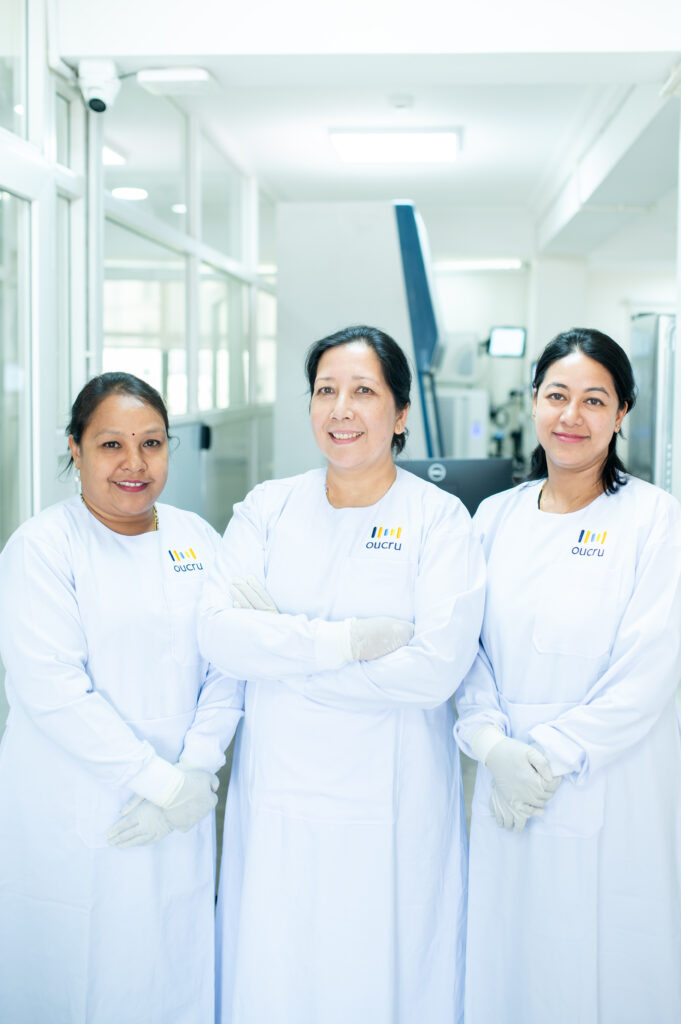
In the upcoming months, OWLS plans to expand its 2018 survey, broadening the scope to all units in Vietnam, Indonesia and Nepal. We aim to not only validate the existing findings but also adapt the survey to the unique contexts of each location. By collaborating with more partners, we hope to enrich the data collection and gain a deeper understanding of how gender inequality manifests in different regions.
Following the survey, we will conduct interviews and focus groups with participants to delve deeper into the specific challenges and barriers that women face in STEM. These discussions will help us explore the factors contributing to the perpetuation of gender inequity, and importantly, will ensure that our strategies are locally informed and appropriate.
As we celebrate the International Day of Women and Girls in Science, let us reaffirm our commitment to breaking down barriers and empowering women in STEM. Change begins with awareness, collaboration and action! Together, we can build a more inclusive and equitable scientific community for future generations.



